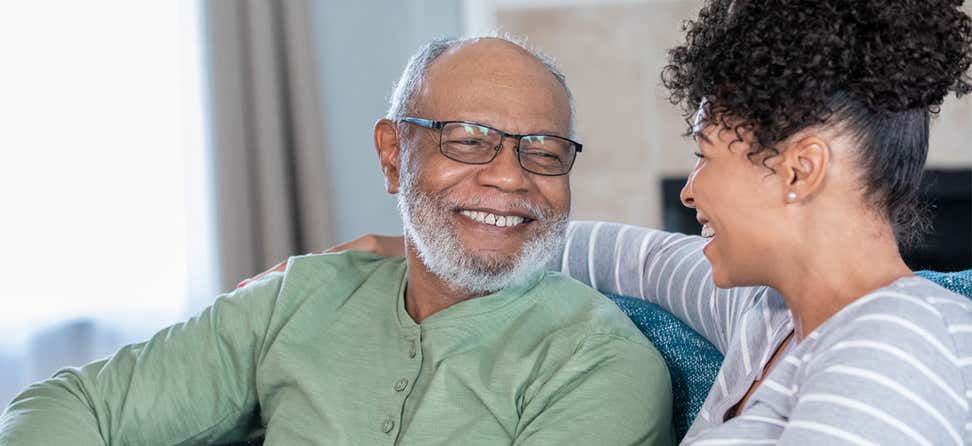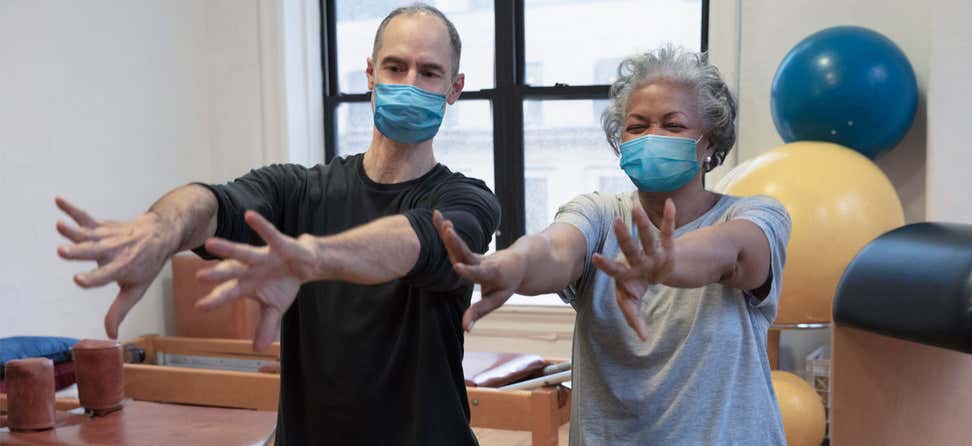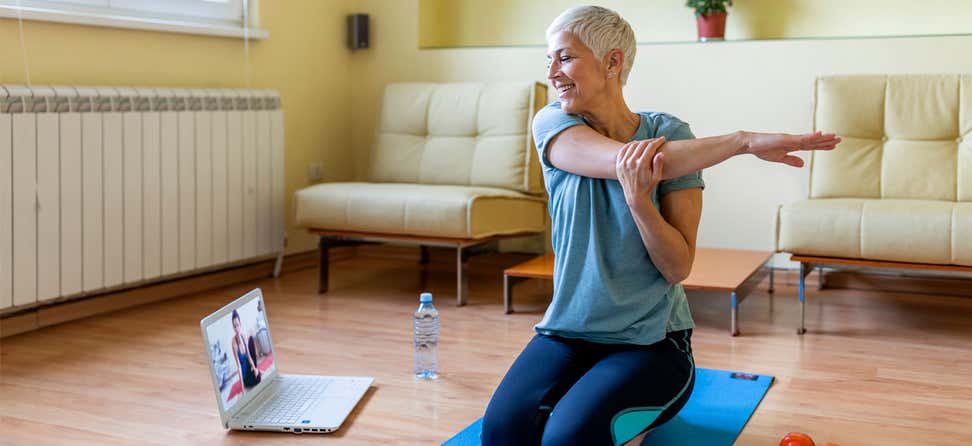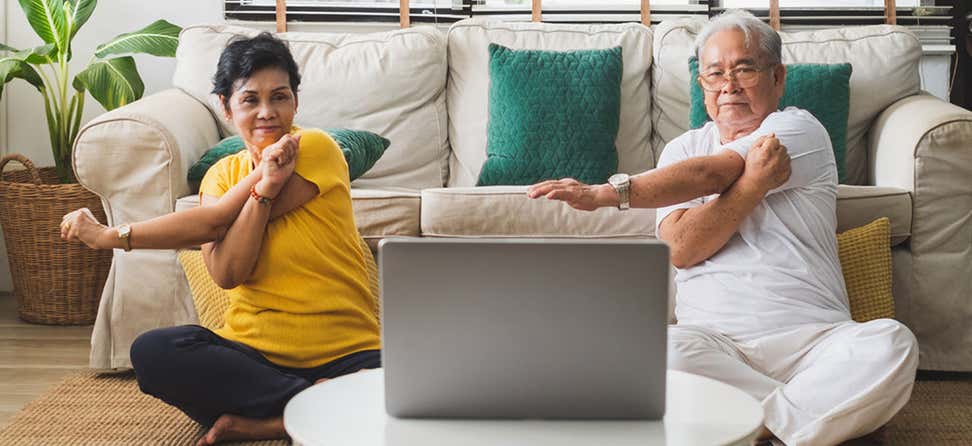Key Takeaways
Find answers to frequently asked questions about the transition from in-person to remote evidence-based programs due to the COVID-19 pandemic.
Guidance for CDSME and Falls Prevention PPHF Grantees
View the additional FAQs for CDSME and Falls Prevention PPHF Grantees.
Can we implement programs remotely while in-person programs are not possible?
Evidence-based program developers are issuing guidance on options for implementation remotely. We are tracking program guidance and archived webinars.
Remote implementation will be feasible for some programs and not for others. As you look for creative ways to continue delivery of programming, consult with program developers directly to ensure alternative delivery mechanisms (like virtual classes) are congruent with program fidelity.
If you are currently funded by the Administration for Community Living, contact your Project Officer about any changes to program delivery.
If we implement programs remotely, how can we track this information in the National CDSME and Falls Prevention Databases?
If the programs I am delivering cannot be delivered remotely, how do I find alternatives?
Identify programs that can be implemented remotely here: Track Health Promotion Program Guidance During COVID-19. Use this list to determine whether any alternatives are appropriate for your organization and population. Search the NCOA website as well as the individual program websites to get a more comprehensive vision of the program. If you still have questions or concerns, contact the program developer to get more information to help you make your decision.
What are some options for delivering programs remotely using the internet?
- Resource Guide: Remote Delivery of Evidence-Based Programs
- Track Health Promotion Program Guidance During COVID-19
- Webinar: Tools and Tips for Reaching a Remote Audience
- Tools for Reaching a Remote Audience
How can we deliver programs to those who do not have internet access?
Check the program tracking page for options that can be delivered by mail or phone. For example:
- Consider mailing the Tool Kit for Active Living with Chronic Conditions to individuals that cannot participate online. This can be provided alone or with follow-up phone calls.
- One-on-one programs like Healthy IDEAS, PEARLS, and EnhanceWellness, and others can be implemented by phone.
Alternatively, hold one-on-one calls to discuss overall well-being or mail printed materials about the importance of staying active while social distancing. Find resources here: Encouraging Older Adults to Stay Active and Safe During the Coronavirus Pandemic. Note: This is not part of an evidence-based program.
Do leaders need to complete special training to deliver programs virtually?
This depends on the program (see guidance by program here). Contact the program developer or administrator directly for requirements and upcoming trainings.
How can we keep program leaders engaged while community classes are not available?
If you can implement remote programs…
- Some leader trainings can still be held online (Track Health Promotion Program Guidance During COVID-19).
- If you are moving in-person implementation to online, mobilize leaders to begin remote classes. (See Instructions for Accessing Your Virtual Workshop through Zoom)
- Connect leaders by phone or video-conference to troubleshoot issues around remote implementation.
If you cannot implement remote programs…
- Consider ways you can use program infrastructure to reduce social isolation. For example, recommend they call or e-mail previous participants or other clients for an informal conversation about well-being and needs during this time. Or ask if they want to stay involved with older adults by volunteering to deliver meals, prescriptions, or other necessities.
- Connect leaders by phone or video-conference to update them on current plans for workshops and encourage them to stay connected with each other during social distancing.
The program I'm implementing can be offered remotely, does it have to be live or can the content be recorded?
This depends on the program (see guidance by program here). Contact program developers directly with any questions on what is allowable for remote implementation.
What are some resources for seniors to 1) Get internet access and 2) Learn how to use technology for remote programs?
See Frequently Asked Questions: COVID-19 and Technology Resources
Are there alternatives to mailing program books to participants?
This depends on the program.
- All of the Self-Management Resource Center program books can be purchased in e-book format instead of print.
- Participants can use the Walk With Ease (Self-Directed) registration portal to complete a brief baseline survey and receive a free copy of the Walk With Ease Guidebook.









